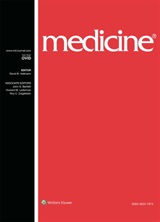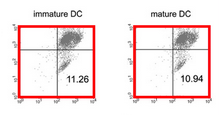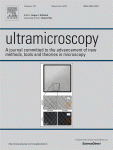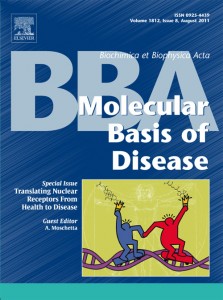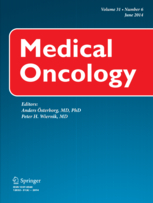 The International Association for Dental Research has retracted a student travel award after discovering that the recipient had previously published the work he used to secure the grant, including in an abstract he presented at the same conference last year.
The International Association for Dental Research has retracted a student travel award after discovering that the recipient had previously published the work he used to secure the grant, including in an abstract he presented at the same conference last year.
The self-plagiarism was uncovered by an anonymous group of students at the Hong Kong University dentistry school, where the student is a PhD student. The unnamed students sent both the IADR and HKU faculty members a color-coded chart showing identical phrases between the 2014 abstract, a 2013 paper published in the Journal of Periodontal Research called “Human umbilical vein endothelial cells synergize osteo/odontogenic differentiation of periodontal ligament stem cells in 3D cell sheets,” and another abstract the authors presented at the 2013 IADR conference.
The paper and both abstracts were written by P.K.C.P. Panduwawala, who lost the travel grant, along with HKU’s former dean of dentistry L.P. Samaranayake; HKU’s associate dean for research L.J. Jin; and C.F. Zhang, part of HKU’s tissue engineering group.
The IADR’s page now lists the winners with a note at the bottom: Continue reading Dentistry student loses travel grant for duplicating his own work
 Plagiarism earned genomics researchers an erratum, not a retraction, in BioMed Central journal BioData Mining.
Plagiarism earned genomics researchers an erratum, not a retraction, in BioMed Central journal BioData Mining.


